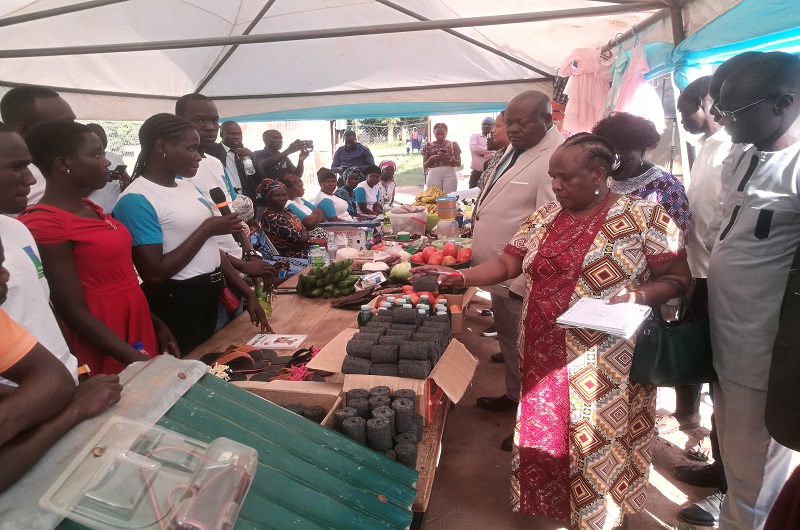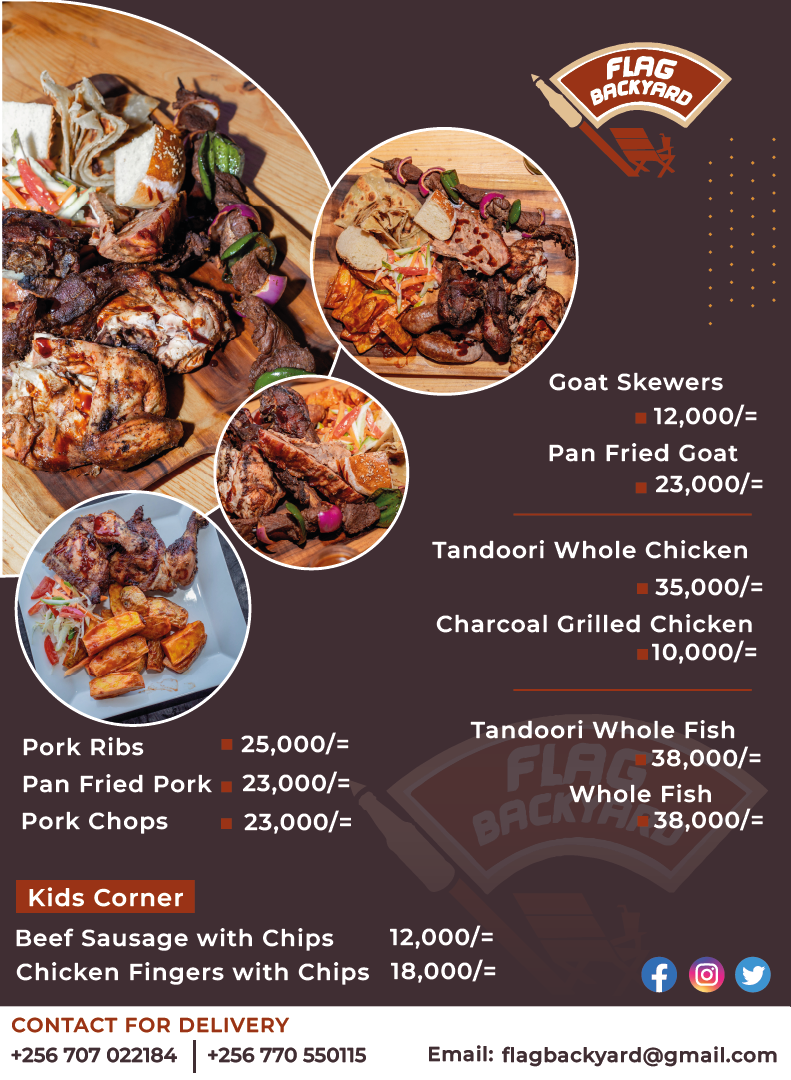
Arua RCC roots for packaging, branding of local products
- FEATUREDNEWSUPCOUNTRY NEWS
- December 1, 2023
- No Comment
By Andrew Cohen Amvesi
ARUA. Charles Ichogor, the Arua Resident City Commissioner (RCC) has implored local manufacturers in the city to consider taking packaging and branding of their products seriously.
He asked the manufacturers to desist from using other company’s brands and white polythene bags for packaging their products, saying the act makes marketing of goods produced in Arua city very difficult in other parts of the world.

“We toured the exhibition but you have packaged our products in other company’s brands which is not a good marketing strategy. Some of you are using Kaveras for packing groundnuts. How proud would it be to have these things packaged using the emblem of Arua city?” Ichogor asked on Wednesday.
This was during the launch of the United Nations Capital Development Fund (UNCDF) support in Arua city.

UNCDF has set aside $4.5 million (about shs17 billion) to build resilience among urban refugees and young people in Arua city and Koboko municipalities. This also includes building a multipurpose resource centre for Arua city.
But during the function, Ichogor directed the Arua city commercial officer to think of ensuring that all products manufactured within the city are branded using the city symbol.
“I’m happy the commercial officer is here, I’m directing you to think outside the box and when I direct, don’t discuss directives, so that we improve packaging and so that when somebody comes from Switzerland, she buys the product and takes it to Switzerland with our emblem to market the city,” Ichogor said.

On the project, Ichogor appealed to the city leadership to make sure that the initiative is a success.
Joel Mundua, the program manager at UNCDF and coordinator financing durable solutions initiative for forcibly displaced persons in Uganda, Kenya and Somalia said the focus of the project is also to build the capacity of city local governments to manage forcibly displaced persons.
“That additional population is normally not catered for in census reporting and so which population is not planned for. As we very well know, that additional population is putting additional pressure on public infrastructure, now they need to improve the management of these assets if they are to deliver the services as they are supposed to”, Mundua said.
Jazella Kapalata, the chairperson of Congolese refugees’ association (CORA) in Arua and Koboko municipality decried the living conditions of refugees in camps.

“The food rations have gone low, an individual receives shs14,000 for a month, that money is really too little, we are forced to leave the camps to urban centres with hope that we may have casual works to do to earn a better living, and some places allocated to us are too rocky and infertile to cultivate”, Kapalata explains.
UNCDF is now working with Pride microfinance Uganda where the youth and other forcibly displaced persons will access the loans from.
According to a study done by the city in 2020, Arua city is home to about 23,000 refugee’s majority of them coming from South Sudan and DR Congo.


